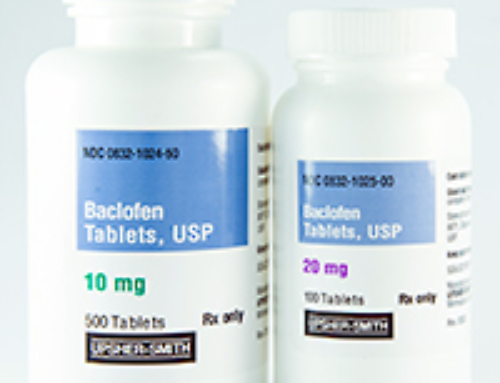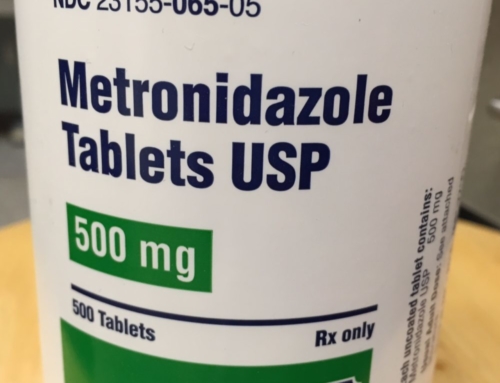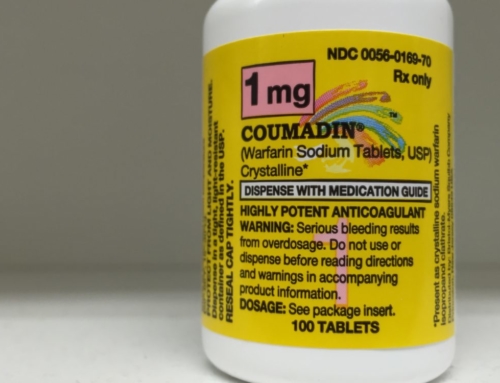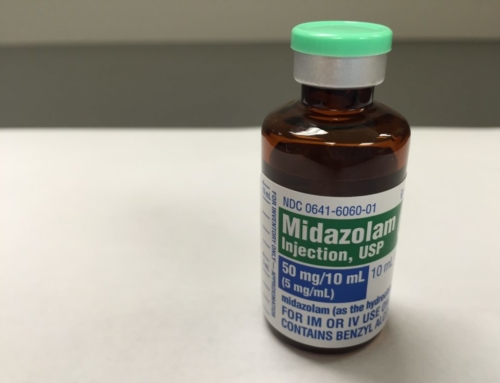If you have any reason to suspect your pet has ingested something toxic, please contact your veterinarian or one of the other resources listed:
• ASPCA Animal Poison Control Center 24-hour hotline at (888) 426-4435
• Pet Poison Helpline® 24-hour animal poison control service at (855) 764-7661
Meloxicam
Generic name: Meloxicam
Brand Name: Metacam
While meloxicam, an NSAID, is approved for use to treat pain and inflammation in some animals, chronic use may cause toxicity. It is important to discontinue the use of prescribed NSAIDs when your veterinarian tells you to do so. Toxicity can also occur if your pet consumes more medication than prescribed.
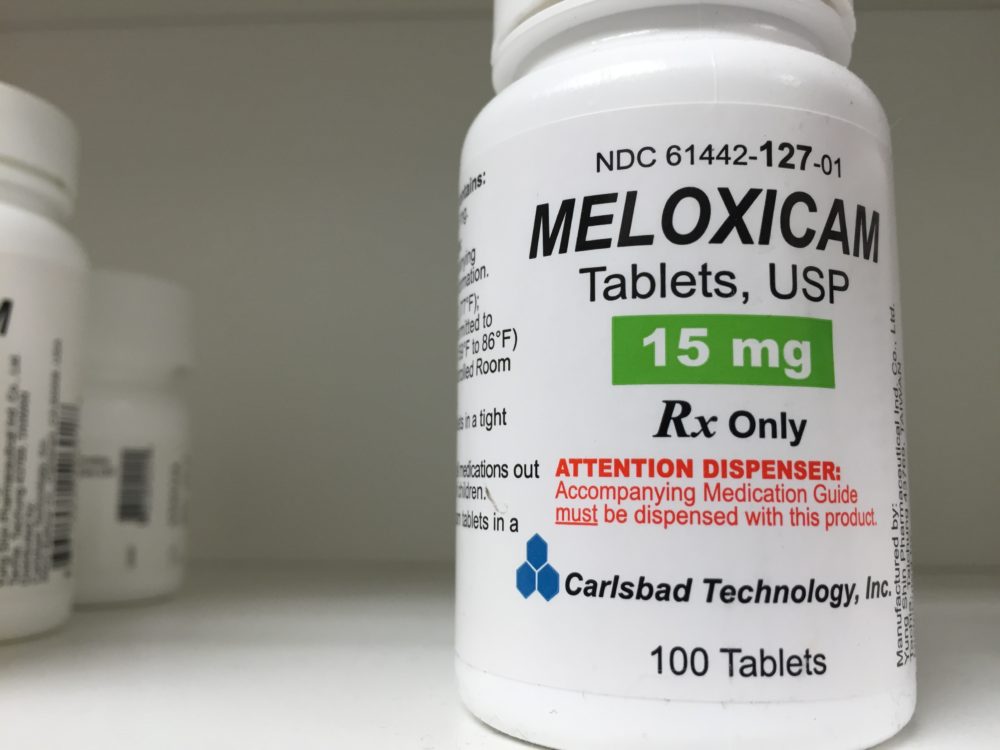
It is important to note that other veterinary NSAIDs (such as deracoxib, carprofen, ketoprofen, firocoxib, and tepoxalin) carry similar toxicity risks.
Signs and symptoms of toxicity: vomiting, abdominal pain, melena (black, tarry stool), diarrhea. These signs may occur within an hour of ingestion. Weakness, involuntary muscle movements, and seizures may also occur and these are signs of severe toxicity.
More severe toxicity (GI perforation or renal failure) may not occur until 48-72 hours after ingestion. Signs of kidney damage include increased thirst, increased urination, loss of appetite or refusal to eat, fatigue, and vomiting.
Toxic consumption:
Doses greater than 5 times the therapeutic dose can result in toxicity.
In cats, acute or chronic doses of any medication may cause toxicity.
In dogs, signs of toxicity can be seen with doses up to 5 times the therapeutic dose (0.1-0.5 mg/kg).
Long-term use, even at therapeutic doses, can result in clinical signs of toxicity.
| X-Small Yorkie, Chihuahua |
Small Pug, Boston Terrier, Poodle |
Medium Beagle, Scottish Terrier |
Large Boxer, Cocker Spaniel |
X-Large Labrador & Golden Retrievers, German Shepherd |
XX-Large Great Dane, St. Bernard |
| 1 – 10 lbs. (0.45 – 4.6 kg) |
11 – 25 lbs. (5 – 11.4 kg) |
26 – 40 lbs. (11.8 – 18.2 kg) |
41 – 70 lbs. (18.6 – 31.8 kg) |
71 – 90 lbs. (32.3 – 40.9 kg) |
91 – 110 lbs. (41.4 – 50 kg) |
 |
 |
 |
 |
 |
 |
| > 0.2 mg | > 2.5 mg | > 5.5 mg | > 9 mg | > 16 mg | > 20.5 mg |
References:
– Matthews KA. Nonsteroidal anti-inflammatory analgesics. Vet Clin North Am Small Anim Pract 2000; 30(4):783-804.
– Osweiler, G, et al. (2011). Blackwell’s five-minute veterinary consult clinical companion. Small Animal Toxicology. [Kindle version]. Retrieved from Amazon.com
Pet Poison Control is provided free as a public service by the American College of Veterinary Pharmacists. Today we’re asking you to support us with a small donation. If you would like to dedicate your gift in honor or memory of a pet or individual, you will have that option before checkout. Your gift of any amount helps us maintain this resource and make it available to the pharmacy and veterinary communities. Thank you!


